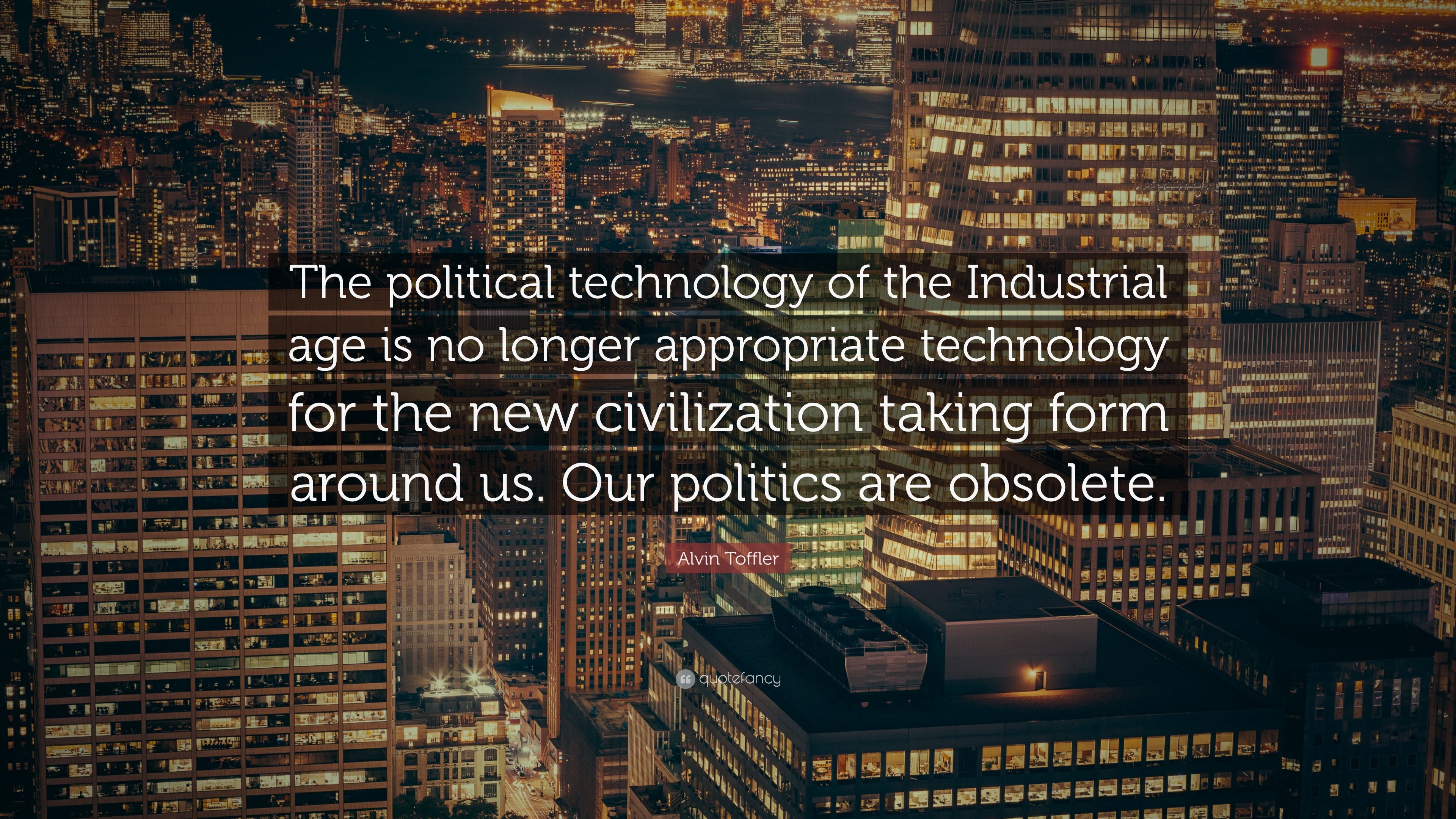
23 September 2021 (Rome, Italy) – Last week I began writing a long piece (it will be out next week) on how Big tech has won the war, how they have become the new de facto regulators. It’s a bit more complicated than just Facebook and its renegade empire as deliciously laid out in the Wall Street Journal‘s extraordinary series of damning articles about Facebook – that the company is often very well informed about harms its systems cause society, but nonetheless chooses either not to take action or to lie in public about what it knows, or both: “Trust me, I know how to mitigate future disasters because of all of the unmitigated disasters I’ve already presided over!”
It’s more about sheer power and the current imbroglio between Apple and Epic Games is an example. Apple’s legal battle with Tim Sweeney of Epic Games is turning into one of those off-putting television dramas where none of the characters are likable. Sweeney, in particular, is losing credibility by the day.
After the court ruling on his antitrust case against Apple two weeks ago, he described the decision as a loss for developers and consumers and defiantly vowed not to return to the App Store unless Epic could offer its own in-app payments in its games. It turns out that a few days after making that statement, he was trying to get Apple to let him back in! He wrote to Apple saying he would resubmit Fortnite to the App Store if Apple followed the court order allowing users to be steered to alternative payment options. Oh, and he also asked Apple to reactivate Epic’s developer account.
Apple, not surprisingly, doesn’t feel merciful. The court backed Apple’s termination of its deal with Epic and, given Sweeney’s declaration about not returning, the company is now letting Sweeney twist in the wind. As the Epic CEO revealed on Twitter yesterday, Apple told Epic it won’t consider reinstating Epic’s developer account until all appeals of the court ruling have been heard. As Sweeney said, that means “Fortnite will be blacklisted from the Apple ecosystem” for as long as five years.
In taking that stance, Apple comes off a little bit like the bully that, having successfully fought off a challenge to its authority, now grinds its foe’s body into the dirt with its foot. It’s not enough that Sweeney lost much of his battle to challenge the App Store rules: Apple wants Epic to suffer for years to come – in what could be read as a warning to anyone else thinking about challenging the iPhone maker’s rules.
While it’s hard to blame Apple for taking this position, given Sweeney’s needlessly provocative behavior, some pundits have said a smarter tactic might be to find a way to settle: “Sweeney has a big megaphone in his Twitter account and his complaints will find a sympathetic hearing among the anti-tech crowd in Washington, who’ll look for any evidence of intransigence on the part of a big tech company”.
What’s their real power? Have yet another hearing on Big Tech? For those of you counting, there have been 6 U.S. Congressional hearings on “the power of Big Tech” over the last 3 years. Legislation? Nada. Still stuck in committee.
Tim Cook is no fool. As I have noted in numerous posts, the big take-away in all of these hearings has been that in the harsh glare of scrutiny Apple (and the other big technology giants) know they need to “tweak” their business operations a bit (more or less) to keep the regulators at bay – and keep that army of executives, lobbyists, and more than a dozen groups paid by Big Tech, installed in Washington, DC to head off bipartisan support for all those bills meant to undo their dominance.
But as the entire internet/data framework is being utterly re-architected, where user data is beamed into the cloud and thence into the greedy maw of optimization code, there is a generational change whose ramifications mean this wonderful, new technical infrastructure we live in has changed the social and legal pressures to comply with certain expectations – expectations that can be difficult to translate into computational and business and social logics. In a way, it is a credit to the new head of the U.S. Federal Trade Commission, Lina Khan, who has publicly acknowledged that the old way of thinking is wrong, that regulators need a healthy interdisciplinary team of legal scholars, business mavens, and computer/data scientists to understand this entirely new set of data plumbing – and Big Tech power metrics.
Big Tech has created a massively intermediated, platform-based environment, with endless network effects, commercial layers, and inference data points. They have created their power by making data a crucial part of our infrastructure, enabling almost all of our commercial and social interactions. Rather than just tell us about the world, data acts in the world. Because data is both representation and infrastructure, sign and system. As the brilliant media theorist Wendy Chun puts it, data “puts in place the world it discovers”.
That has forced regulators to grapple with the insurmountable power of Big Tech. To date, slapping millions/billions in antitrust fines/data protection violation fines has been their only recourse.
According to Statista, if you total all the U.S. and EU fines to date against FAANG – the acronym referring to Facebook, Amazon, Apple, Netflix, and Google – it’s about 0.0003% of their total revenue.
These fines have done little to change its behavior. Big Tech certainly cheers regulators’ sclerotic condition.
More to come next week.
